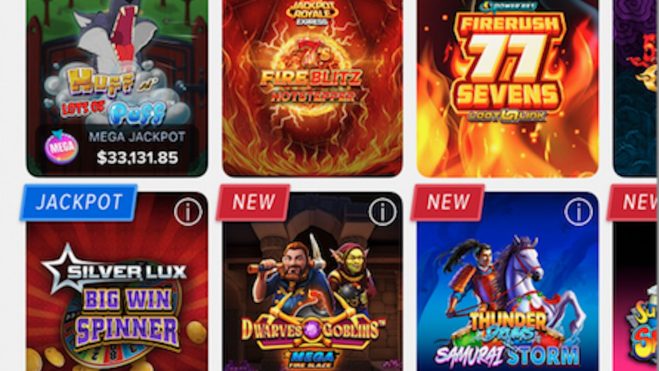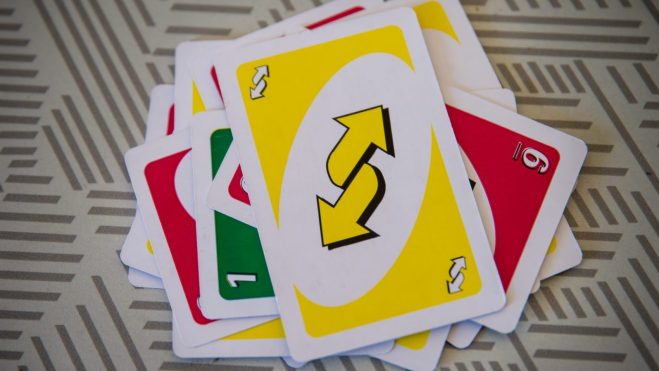Newsom’s Choice: Will California Tip Sweepstakes Gaming Into Decline?
Bill to ban awaits Gov. Gavin Newsom’s signature, and with it brings questions for the space
3 min

What’s next for sweepstakes gaming? Well, it depends who you ask. But one thing is clear: The industry looks very different than it did a year ago.
California’s legislature passed AB 831 unanimously last week, sending a ban of sweepstakes casinos and sportsbooks to Gov. Gavin Newsom’s desk. He has until Oct. 12 to sign, veto, or let it become law through inaction. If enacted, California would join Montana, Connecticut, New Jersey, and others in banning the dual-currency model that powers platforms like Chumba Casino and LuckyLand Slots.
The would-be California ban represents the biggest single hit to the sweepstakes market yet. According to Matt Kaufman, managing director of digital and interactive gaming at Eilers & Krejcik Gaming, California accounts for 17.3% of the total U.S. sweepstakes market. But he doesn’t see the loss as quite that catastrophic.
“The removal of a state like that doesn’t inherently mean it’s a 17.3% drop,” said Kaufman. “Some of the marketing spend that would have gone to California will be reallocated to other states, where operators can continue to grow. So, there will be a material drop for sizable operators who are live in all states and have already spent materially everywhere, but it won’t be the full 17.3 percent.”
Kaufman expects Newsom to sign the bill, given the unanimous support from both chambers. And he thinks operators won’t wait for the Jan. 1, 2026, effective date to start their California exit.
“The moment he signs — maybe even before — we’ll start seeing operators leave,” said Kaufman. “They’re not going to wait until Jan. 1. We’ll see an exodus of the major operators over the next few months.”
Darker skies
Paul Leyland of gaming consultancy Regulus Partners takes a much bleaker view. He sees California as a potential tipping point that could accelerate the industry’s decline.
“We got to the point just before the California decision when, in the space of a few months, around 29 percent of the U.S. population had either a sweeps ban or cease-and-desist orders heavily disrupting sweeps,” said Leyland. “Then the biggest state of all took it up to about 42 percent.”
That regulatory pressure is making it harder for operators to attract investment and quality suppliers, according to Leyland. He points to enforcement actions that have targeted not just operators but their supply chains as well.
“It’s very difficult for people to invest in the space,” said Leyland. “It affects good-quality suppliers’ willingness to service the product, protect it, and improve its quality.”
As for the sweepstakes companies themselves?
Well, obviously this hasn’t been the best run-out, but they aren’t giving up hope. This statement is from the Social Gaming Leadership Alliance (SGLA):
“SGLA is committed to showing Governor Newsom why signing AB 831 to ban online social games is a bad idea for California. It would not only stifle a vibrant sector of our digital economy, discouraging innovation and representing a step backward for the state’s competitiveness in the digital age, but it would deprive less economically advantaged tribes of a vital pathway to fund urgently needed essential services.”
Similarities to DFS?
The question of whether other states will follow California’s lead divides the two analysts. Kaufman draws parallels to how daily fantasy sports regulation played out over the past decade.
“Go back 15 years: Some states were loud about taking action against DraftKings and FanDuel, some were less aggressive, and many did nothing,” said Kaufman. “I think that’s the likely reality here too.”
He notes that about half of all states collect sales tax on gold coin purchases at sweepstakes sites, giving them a financial incentive to keep sweepstakes operators around rather than ban them outright.
“If you’re a state already collecting sales tax on coin sales, why follow California’s lead if it’s not in your best interest?” said Kaufman.
Leyland sees the situation as more dire. He believes the California ban, if signed, would shatter the credibility of the entire business model.
“I think we’re going from massive growth to relative maturity to now tipping into decline,” said Leyland. “The whole hype, the idea that this is a credible business model that can withstand regulatory and legal scrutiny, is shattered if Newsom signs.”
The industry’s path toward legitimacy also faces fundamental challenges. Leyland argues that removing the convenience features that make sweepstakes profitable would eliminate the business model entirely.
“If you run an occasional sweepstakes in the traditional sense — give everyone the same opportunity at the same time without the convenience of buying more chances — you don’t have a business model,” said Leyland. “You have a legal product, but not a business model.”
Transitioning to real-money online gambling licenses isn’t necessarily a solution either, given the competitive landscape and limited state availability.
“Real-money online gambling is really competitive,” said Leyland. “So what are they bringing to the table? The whole business model works because it’s a workaround.”
The California ban also has tribal gaming implications, with the state’s powerful casino interests successfully framing sweepstakes as a threat to their sovereignty and exclusive gaming rights.
For now, the industry waits on Newsom’s decision. But regardless of what he chooses, the sweepstakes sector faces a fundamentally different landscape than the one that fueled its rapid growth over the past few years. Whether that means managed decline or strategic adaptation will soon be revealed.






